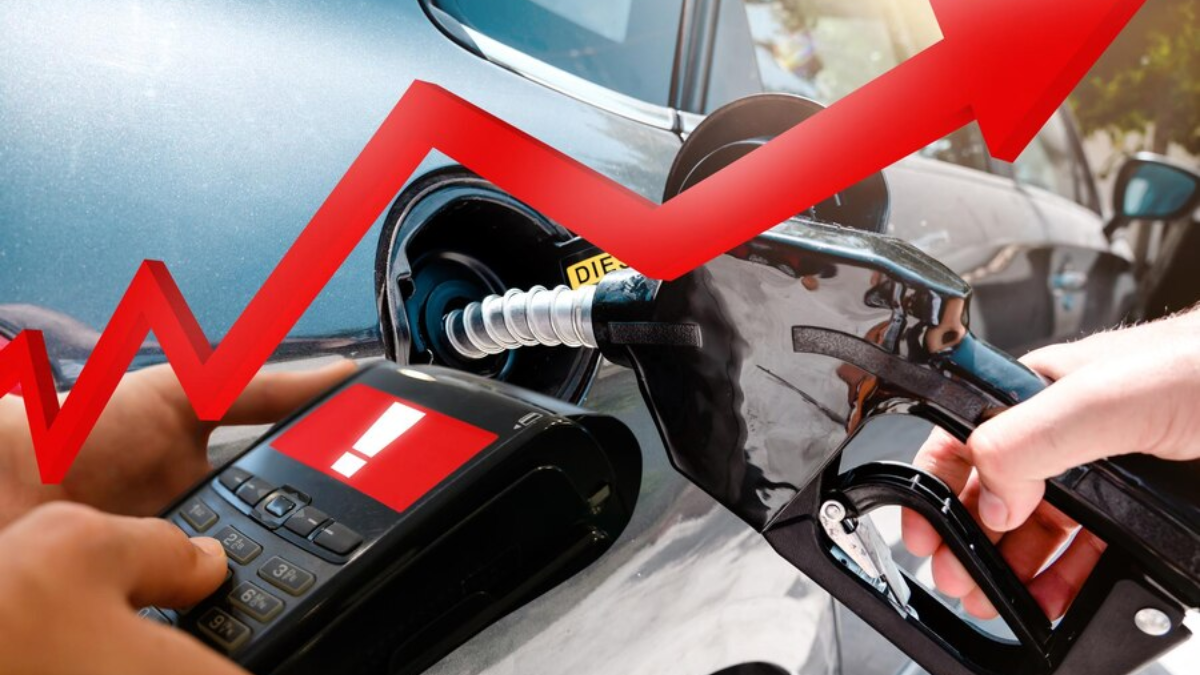Struggling with poor fuel economy? Discover quick fixes to boost efficiency, save money, and get the most out of every tank!
Impressive fuel efficiency ranks as one of the key factors we look for when purchasing a car. There are many fuel-efficient innovations developed by automakers, for example DPF cleaning services. Nevertheless, bad driving habits and neglect may harm your car’s mileage, regardless of whether it has an exceptional fuel economy. In this article, we address the causes of poor fuel economy while offering a list of typical factors for excessive fuel use.
Evaluation of the Fuel Consumption Rate
Albeit kilometers per litre (km/L) serves as the primary unit to measure fuel consumption there are alternative options available. A vehicle consumes one kilometre with a specific number of fuel litres expressed in km/L. The fuel efficiency levels of each car remain different from one another. The more effective the car, the higher the number. Fuel economy between vehicles stands inversely proportional to the ratio between 15 km/L and 12 km/L.
Causes of Poor Fuel Efficiency
Without further ado, let’s examine the typical causes of unnecessary gasoline usage.
Too much or too little tyre pressure
The air pressure in your tyres supports the entire weight of your vehicle. In addition to improving the efficiency of your car, preserving appropriate tyre pressure is essential for both your safety as well as for the security of others. Your automobile will require more gasoline to run if your tyres are deformed because of the increased friction & resistance to rolling.
Mode of Sports
The car’s power is increased when the sport mode function is engaged, resulting in higher engine horsepower and torque as well as quicker acceleration. The engine is under higher strain as a result, which raises the use of gasoline. If excessive use of sports mode results in a decrease in energy efficiency, the sports mode option might be turned off.
Adding More Weight
The energy required for ignition of your vehicle increases with the amount of load you place on it. For improved fuel efficiency, it is advised to reduce the load on the vehicle as significantly as feasible.
Air filters are dirty or clogged
The air filter in a car makes sure just clean air gets to the engine to burn. An ineffective fuel-air combination & higher fuel usage result from an air filter that is blocked with dirt and debris. The most efficient way to boost fuel efficiency lies in changing a contaminated air filter for a clean replacement. The normal timeframe for air filter replacement stands at 12,000 to 15,000 miles according to car manufacturers yet checking the filter regularly remains beneficial, especially in regions with high dust levels.
Fuel Injector Dirt
One of the most frequent reasons for reduced gas mileage is dirty fuel injectors. A fuel injector’s spray pattern needs to be quite precise for the gasoline to combine with air & ignite inside the engine. The spray pattern is disturbed whenever a petrol injector is clogged or filthy. Your engine’s efficiency & fuel economy may be rapidly reduced by a malfunctioning fuel injector.
Using fuel with a lower octane than what the manufacturer recommends for your car happens to be one of the most frequent reasons for poor fuel economy. Poor fuel quality can lead to premature harm to injectors and pumps, which will negatively impact system performance overall. Even worse, if left unattended, this can necessitate replacing the defective fuel pump entirely or repairing the fuel system at great expense.
Weight Issues and Roof Racks
Fuel economy is decreased when more drag is produced through the use of roof racks or carrying extra weight within the vehicle. Because heavy weights put more pressure on the engine, more gasoline is needed to sustain acceleration and speed. Cargo carriers and roof racks alter aerodynamics, boosting wind resistance & requiring more fuel from the engine to operate. Fuel efficiency may be increased by removing unnecessary things from the trunk and removing roof racks whenever not in use. Efficiency can be maintained by making the car as light and aerodynamic as practicable.
Not Changing Oil Frequently
Several problems, from low fuel economy to serious engine damage, can arise from not changing your oil on an ongoing basis. Your engine will start to fail more the longer you put off changing your car’s oil. Over time, car oil deteriorates, making it harder for the engine to run. The engine is going to consume more fuel each kilometre as its fuel consumption declines.
Piston rings are worn out
Compression is produced by the piston rings in your engine cylinders sealing against the cylinder walls. The engine loses pressure as piston rings wear out because they can no longer form that seal. Fuel effectiveness is hence completely ignored. Engine oil improves fuel economy in addition to lubricating the piston rings. The most effective course of action is to ensure that your vehicle receives routine oil changes using the type of oil that the car’s maker recommends, as stated in your owner’s handbook.
Final Words
A mix of poor driving behaviours, neglected upkeep, and mechanical issues leads to poor fuel economy. Significant fuel efficiency gains may result from promptly resolving these issues. Effective ways to increase mileage include smoother driving, frequent engine upkeep, tyre care & weight reduction.





